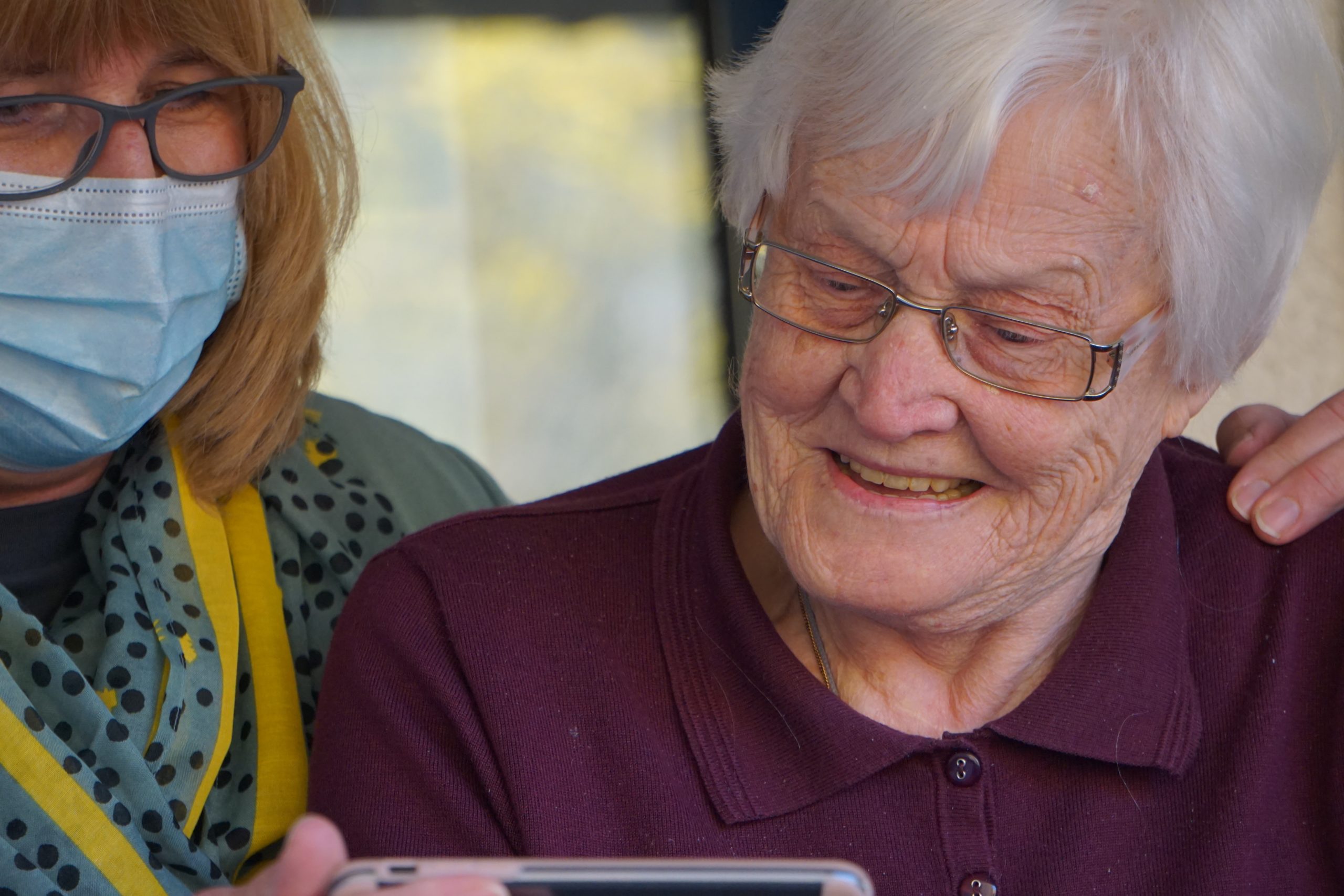As a caregiver, it can be challenging to figure out how to spend your time with the people you care for. While it’s easy to turn to television to occupy your patient’s time, more engaging activities will keep them stimulated and entertained. Games, puzzles, crafts, and music offers a multitude of benefits such as improved cognitive function, memory, relaxation, and renewed learning. Incorporating new pastimes into your patient’s daily routine is a great way to add variation to their schedule.
Assess your patient’s capabilities to find the right pastimes for them. Hobbies for those affected by dementia should foster connections with others, encourage self-expression, promote independence, and help them feel productive. Here is a brief list of suggestions for new activities to try out.
Get Active
Becoming more active helps prevent restlessness, regulates sleep, and will elevate anyone’s mood. However, staying active doesn’t have to be an intense workout or the same thing every day. Try taking walks with your patient, water aerobics, seated exercises, or gardening with them. Ensure that you are taking your patient’s abilities into account and find what works for them and what movement they enjoy.
Music
Music is a valuable tool that helps soothe and stimulate people and has a significant impact on mood. Music also helps people reconnect with their memories and elicit emotional responses. Ask your patient’s what their favorite music was when they were in their teens and allow them to relive their past. You can also introduce them to similar music they may enjoy. For more calming music tools, check out YouTube for music therapy playlists like this.
Art
Art helps seniors explore a wide variety of crafts. From collages to painting to drawing and clay, there is bound to be an option they enjoy. Check out this page for how-to videos and ideas for your next craft day. Art will allow your patients to improve their senses, enable them to get creative, and end up with a beautiful art piece.
Fidget Blankets
Use fidget blankets to allow those who are less mobile to engage their senses and help them calm down if agitated. Fidget blankets have a variety of objects attached to them to help them stay occupied and focused on the task at hand. Amazon has a wide variety of options available, as does Etsy.
Crosswords
Crossword puzzles help engage patients in stimulating tasks that use their minds. This activity can delay memory loss, preserve cognitive function, and boost overall brain strength. Working with others on puzzles also helps improve social bonds. Crossword books can be found online or in bookstores, and there are even customizable crossword generators.
Useful Websites
There are many websites dedicated to activities and games specifically for people with dementia or Alzheimers. Their products are helpful for any stage of dementia and range from jigsaw puzzles and sensory activities to music players and wandering alarms. Check out these websites to get started:
Keeping dementia patients engaged in everyday activities and introducing cognitively challenging tasks is healthy for their body and mind. These activities help to improve their social skills and memory as well as decreasing their stress. Finding activities that they love can help make their days more fulfilling and enjoyable.
For more information on activities for those with dementia and the importance of engagement, check out these resources:
Activities for Dementia Patients: 50 Tips and Ideas To Keep Patients With Dementia Engaged
Activities for People With Dementia That Develop a Sense of Purpose




